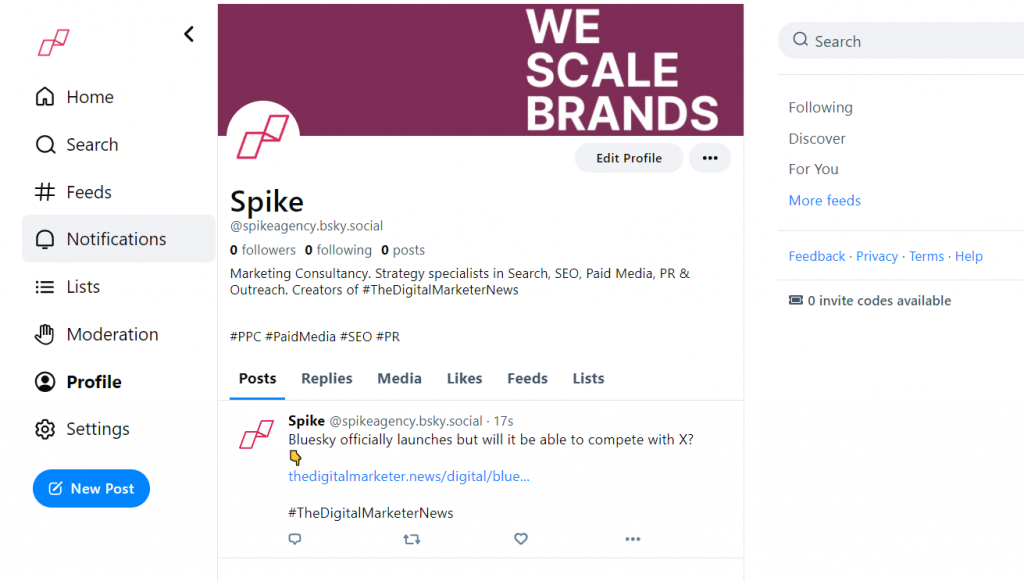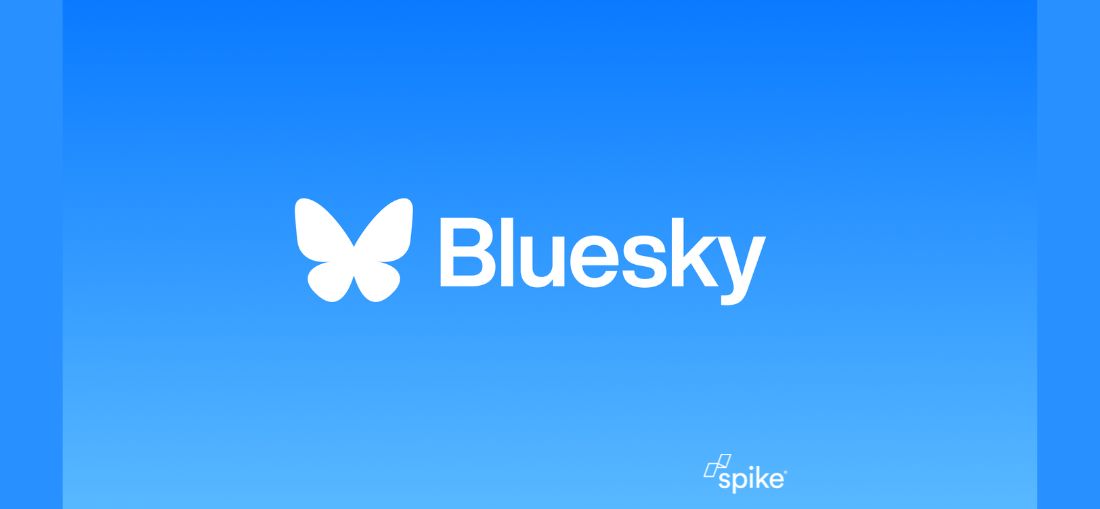Bluesky, the new social network, has officially launched, after a year of testing in invite-only beta mode. The platform was founded by Jack Dorsey, the former Founder and CEO of Twitter.
With the removal of the invitation requirement, Bluesky has seen a surge in sign-ups, with over 3 million to date, indicating a level of demand for the platform. The slow growth during the beta phase has allowed Bluesky to develop moderation tools and establish its visual identity, distinguishing itself from other social networks like X / Twitter.
However, despite the excitement around its public launch, Bluesky still faces challenges in competing with established platforms like X / Twitter & Threads.
Some users have noted that Bluesky lacks the same level of content as Twitter, leading to initial enthusiasm waning. Building a robust user base is crucial for social networks, as seen with Facebook’s “people you may know” feature, which aids in user retention.
Bluesky’s CEO sees the platform as more than just a replacement for Twitter, aiming for a balance between centralised and decentralised social networking. Unlike Mastodon, another post-Twitter social network, Bluesky doesn’t emphasise technological differences and aims to keep the majority of users on its official app and service.
Here at Spike HQ we signed-up and found a dashboard that was very familiar to old Twitter users and so getting up and running was frictionless. Handle names are similar to Twitter with ours being @spikeagency.bsky.social

In contrast, Meta’s Threads, an X / Twitter clone, has a large user base but struggles to make a significant cultural impact due to its policies on political content. The article highlights the importance of different user types, such as lurkers, influencers, commenters, reply guys, and posters, in shaping the dynamics of social networks.
Why is this important?
Bluesky’s public launch certainly marks a step toward achieving a balance between these user types, recognising the need for followers to complement the activity of posters. Without a diverse user base, social networks risk losing engagement and relevance.
Opening up Bluesky to the public could potentially help in achieving this balance and sustaining user interest in the new platform.
cover image courtesy of Bluesky
